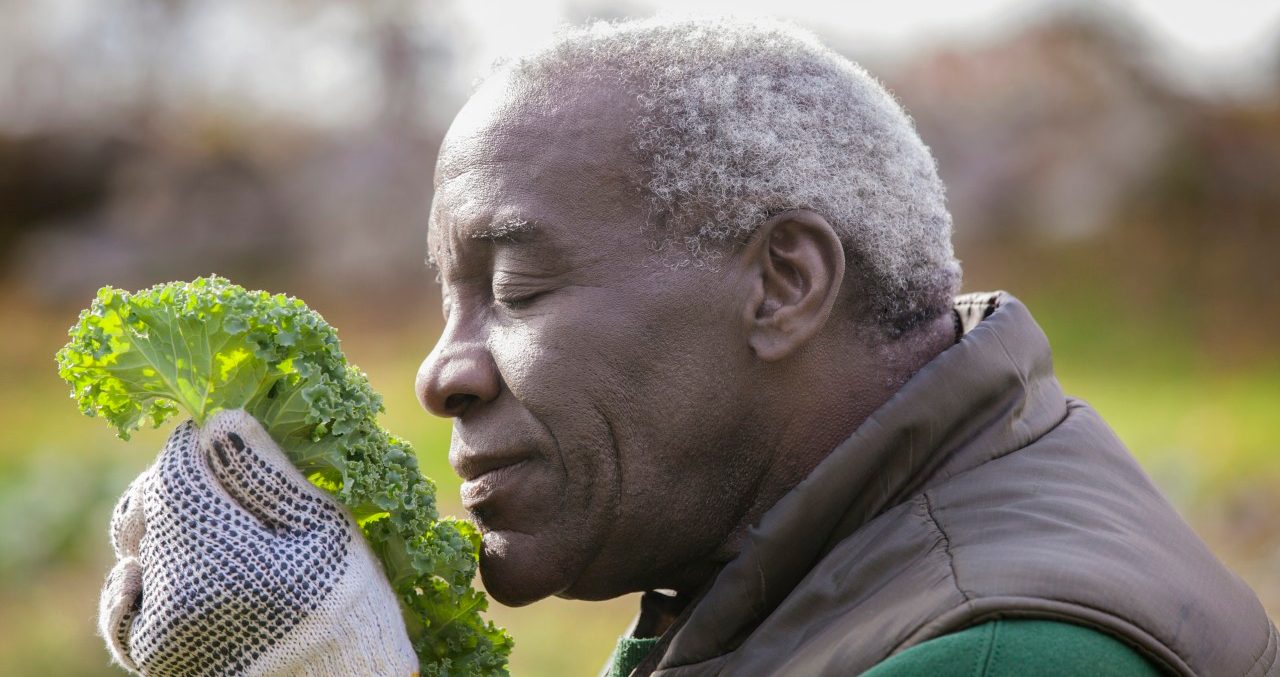Prostate Cancer Causes

Prostate cancer causes haven’t been pinpointed yet. But researchers have linked prostate cancer risk factors and genetic mutations as probable causes.
The statistics are dramatic: One in nine American men will be diagnosed with prostate cancer during their lifetime. But there is also good news. Most men diagnosed with the malignancy don’t lose their lives to the disease. In fact, almost three million men in the U.S. who have been diagnosed with prostate cancer at some point are currently alive.
However, prostate cancer is a potentially serious health problem. It’s the most common form of cancer (after skin cancer) that affects men and the second leading cause of cancer death among U.S. males, according to the National Cancer Institute. To find new ways to prevent and treat the disease, scientists are studying what causes normal cells in the prostate gland to become cancerous.
Although researchers haven’t zeroed in on exact prostate cancer causes, they have made progress and discovered factors linked to the malignancy, the American Cancer Society points out.
YOU MIGHT ALSO LIKE: Is Prostate Cancer Curable?
Understanding potential prostate cancer causes
Located just below the bladder and in front of the lower part of the intestine, the prostate surrounds part of the urethra, the tube which carries and empties urine from the bladder. The prostate gland is part of the male reproductive system and produces fluid that makes up part of semen. Although there are some rare types of prostate cancer, the vast majority of prostate malignancies are adenocarcinomas — cancer of the glandular type that develops from cells that produce the prostate fluid.
Researchers have discovered genetic factors likely play a role in prostate cancer causes. For example, oncogenes help cells grow, divide, and stay alive while tumor suppressor genes normally keep cell growth under control, cause cells to die at appropriate times, and repair mistakes in DNA. However, genetic mutations in DNA can disrupt these functions.
The result can be oncogenes that are revved up while tumor suppressor genes are turned off, leading to the uncontrolled growth of cancerous cells. This type of DNA mutation, which can be inherited or acquired during a man’s lifetime, is believed to account for between five and 10 percent of prostate cancer causes.
Other prostate cancer causes
The faster prostate cells grow and divide, the greater the odds mutations can occur. That’s why anything that speeds up this process raises the odds of prostate cancer, according to the American Cancer Society.
For instance, testosterone tends to increase prostate cell growth, so higher levels of this and other male hormones (androgens) in some men might increase the odds of prostate cancer.
Some studies have suggested inflammation of the prostate gland — including inflammation caused by sexual transmitted diseases — and exposure to radiation may cause mutations in prostate cells and could be possible prostate cancer causes.
Cancer-causing chemicals in the environment, especially chemicals firefighters may be exposed to and Agent Orange, a chemical used during the Vietnam War, may increase the risk of prostate cancer. However, scientist do not have conclusive findings about what role these chemicals may play in triggering prostate cancer and more research is needed.
Bottom line: Know prostate cancer risk factors
While researchers continue to search for prostate cancer causes, it’s important to recognize what may raise the odds you’ll develop the disease.
There are several risk factors you can’t change:
- Your age. Six in 10 cases of prostate cancer are found in men older than 65.
- Your ethnicity. African-American men and Caribbean men of African ancestry are more than twice as likely to have life-threatening prostate cancer than white men; Hispanics and Asian-Americans tend to have a lower risk of the disease compare to whites.
- Family history. Men who have a father, son, or brother who had prostate cancer are at increased risk for getting the disease, the Centers for Disease Control and Prevention (CDC) points out.
Prostate cancer risk factors you can control include:
Diet. Eating high fat dairy products and large amounts of red meat appears to increase the risk of prostate cancer, although not dramatically. Men who tend to eat a lot of meat also are more likely not to follow a diet that’s rich in fruits and vegetables, which may play a role in the elevated cancer risk.
Obesity. Being extremely overweight appears to actually lower the risk of getting a low-grade and rarely dangerous form of prostate cancer. But that doesn’t mean obesity is a good way to avoid prostate cancer — obesity raises the risk of developing a highly aggressive, potentially fatal type of the disease, according to the American Cancer Society.
We can’t emphasize this enough: Talk to your doctor
Talk to your doctor to learn when you should be screened for prostate cancer, based on your personal medical history and risk factors.
It’s true prostate cancer usually grows very slowly, and finding and treating it before symptoms occur may not have specific health benefits, according to the National Cancer Institute. However, whether you are at increased risk for prostate cancer, contact your doctor about any symptoms possibly related to your prostate — including difficulty urinating, painful ejaculation, blood in urine or semen, frequent urination, and pain in your back, hips or pelvis that doesn’t go away.
All of these potential prostate cancer symptoms can be caused by other conditions, but it’s important to take them seriously, the CDC urges.
Updated:
March 18, 2020
Reviewed By:
Janet O’Dell, RN